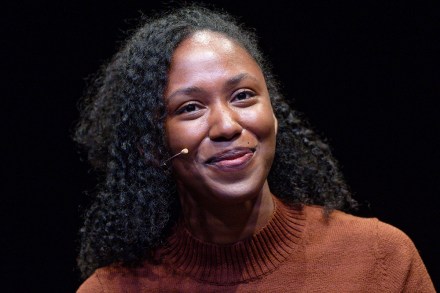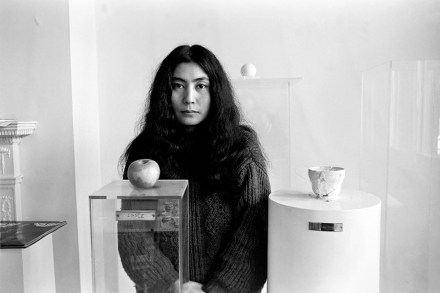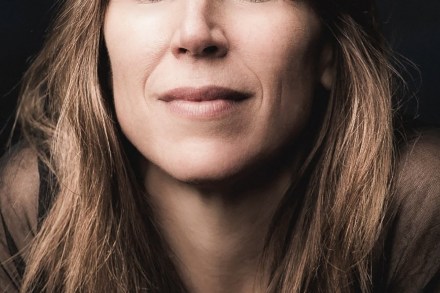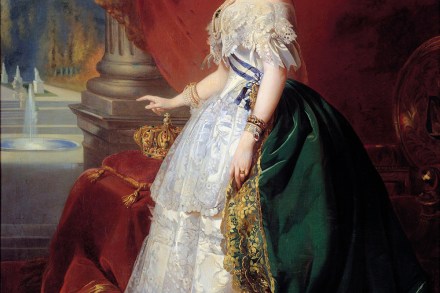Murder she imagined: The Dream Hotel by Laila Lalami reviewed
More from Books‘In dreams begins responsibility,’ wrote W.B. Yeats. In the near-future America imagined by Laila Lalami, culpability starts there, too. Charged with the prevention of potential crimes, the Risk Assessment Administration monitors not just every aspect of citizens’ behaviour but, via tiny ‘neuroprosthetics’, the hidden drives revealed in sleep. As an RAA agent insists: ‘Every murder






























